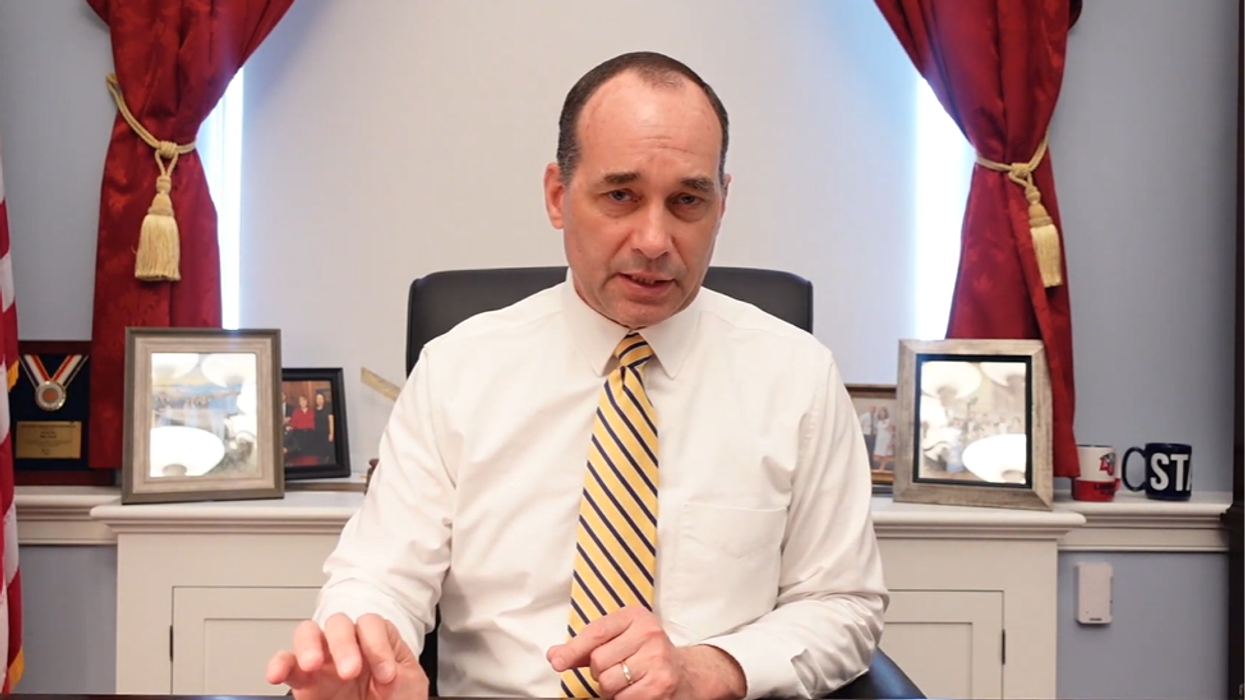Trump Says He May Ban Abortion Pill (As Urged By Project 2025)
When a reporter asked Donald Trump on Thursday whether he would consider banning abortion pills, his response was predictably garbled. But the key words in the Republican presidential nominee’s reply were, “Sure, you could,” and “absolutely.”
The question came during a press conference held at Trump’s Mar-a-Lago resort in Palm Beach, Florida, his first public appearance since Democratic presidential nominee Kamala Harris chose Minnesota Gov. Tim Walz as her running mate.
“Sure, you could—you could do things that will be, would supplement,” Trump said when asked if he would use regulations to ban mifepristone, commonly known as the abortion pill. “Absolutely ... But you have to be able to have a vote, and all I want to do is give everybody a vote.”
Mifepristone is one part of a two-drug regimen to end a pregnancy during the first 10 weeks of gestation. It’s now used for 63% of clinician-provided abortions in the states where abortion is still legal. The percentage is likely higher, because self-managed abortions and abortions in states with total bans can’t be tracked. In 2023, the Food and Drug Administration expanded access to the drug, allowing it to be dispensed by pharmacies and through the mail.
The Supreme Court declined to overturn the FDA’s actions in a widely watched case this term, a decision that Trump agreed with during the June debate with President Joe Biden. At the time, Trump claimed he wouldn’t ban the drug.
“First of all, the Supreme Court just approved the abortion pill. And I agree with their decision to have done that, and I will not block it,” Trump said then. Now, not so much.
What the reporter was asking about Thursday was whether Trump would use the archaic Comstock Act to ban the distribution of the pills. The 1873 law banned the mailing of contraceptives, “lewd” writings, and any “instrument, substance, drug, medicine, or thing” that could be used in an abortion. It’s been superseded by Supreme Court decisions and new laws during the past 150 years, but it remains on the books and on the minds of the Trump-appointed Supreme Court justices.
Using this law to ban abortion pills is exactly what the conservative Heritage Foundation suggests in its extremist Project 2025 blueprint for the next Republican president. You know, the group and the plan that Trump has tried to disavow.
Now that Trump seems to be open to the idea of banning mifepristone again, it’s more evidence he’s in deep with the creators of the governing plan. But we basically knew that already, and The Washington Post had more proof of it this week: a 2022 picture of Trump on a private plane with Heritage Foundation President Kevin Roberts (who Trump said he doesn’t know) on their way to a Heritage Foundation conference.
“They’re going to lay the groundwork and detail plans for exactly what our movement will do,” Trump said in his keynote speech at that conference. Those plans include a national abortion ban.
Reprinted with permission from Daily Kos.

















